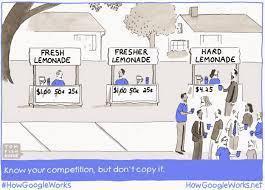 Unfashionably, I am an unrepentant advocate for free market capitalism. Vocal “progressive” and populist critics assail the system as rotten, rigged against ordinary people, aggravating inequality. Their cure: more regulation and government intervention, protectionism, curbing free trade, forcing wages higher, and banning corporate money from politics.
Unfashionably, I am an unrepentant advocate for free market capitalism. Vocal “progressive” and populist critics assail the system as rotten, rigged against ordinary people, aggravating inequality. Their cure: more regulation and government intervention, protectionism, curbing free trade, forcing wages higher, and banning corporate money from politics.
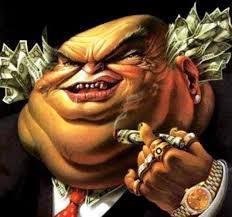
However, the cited “progressive” agenda would actually make things worse. Indeed, a lot of it is already part of the problem. The true problem is insufficient competition. And everything “progressives” seek would lessen competition.
When I wrote my Rational Optimism book in 2009, the airline industry was Exhibit A for the virtue of competitive free markets. Now it exemplifies what’s gone wrong. The industry once was pervasively regulated and government-cosseted, but in the 1970s Alfred Kahn (my former leader at the NY PSC) heroically swept all that aside.
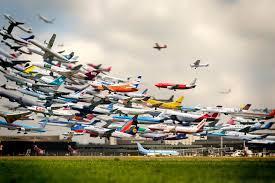
But then a wave of consolidations and mergers drastically reduced airline competition. Carriers now have far more pricing power, becoming very profitable indeed. Their fuel costs recently collapsed – in competition’s heyday, that would have triggered huge fare cuts – but now airlines get to keep the windfall.
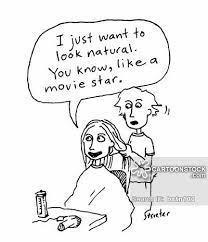
Protectionism is the same story: protecting businesses against competition, so they can charge more. Sure, free trade means some job losses. They’re very visible, like when Carrier moves a factory to Mexico. Less visible is the benefit to consumers, of lower prices, adding trillions to their wallets – whose spending means vast job creation, making up for those lost. Protectionists ignore this.
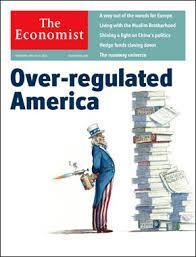
Higher minimum wages too impede competition. Governor Cuomo’s $15 plan has brought forth a parade of small businesses explaining how it will hurt their viability, for self-evident reasons. “Progressives” dismiss such concerns, as if the money will just come out of fat profits, as if all business earn fat profits. Most in fact don’t. And driving some out of business, reducing competition, will make big ones even stronger, harming consumers.
I’ve recognized how campaign cash corrupts government to favor some businesses over others, again undermining competition. But opposing Citizens United is anti-competitive on the part of the political class itself. Government regulation of political campaigns will always be an incumbent-protection scheme, stifling electoral competition. I’ve advocated instead a tax credit for political donations, to unleash a flood of citizen contributions, freeing politicians from servitude to big money donors. The savings from reduced corporate welfare would dwarf the cost, to the Treasury, of the tax credit.
